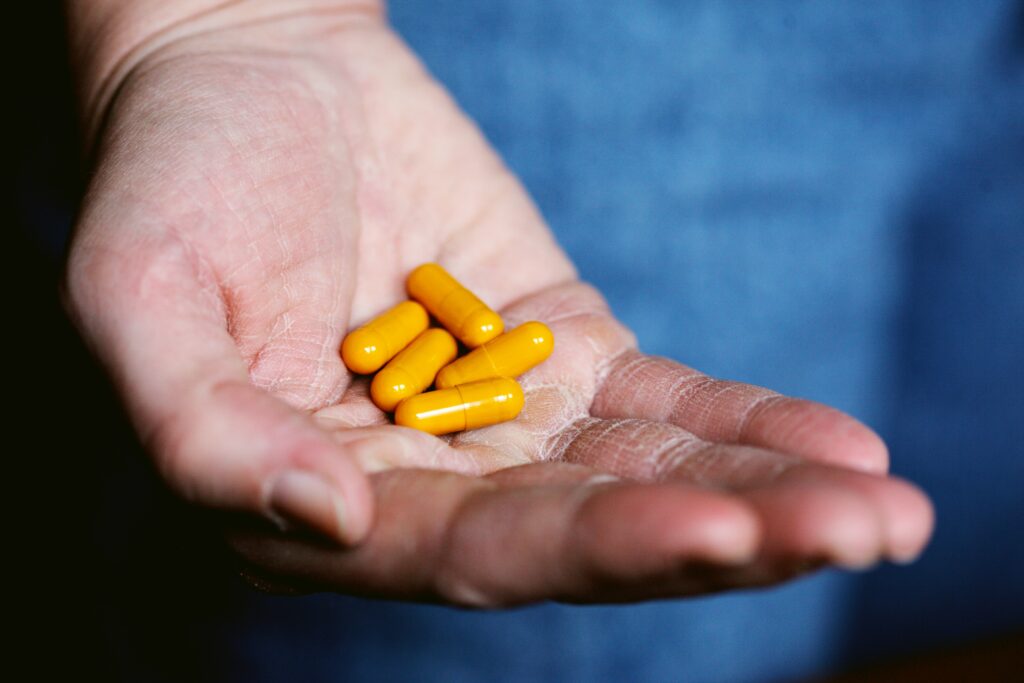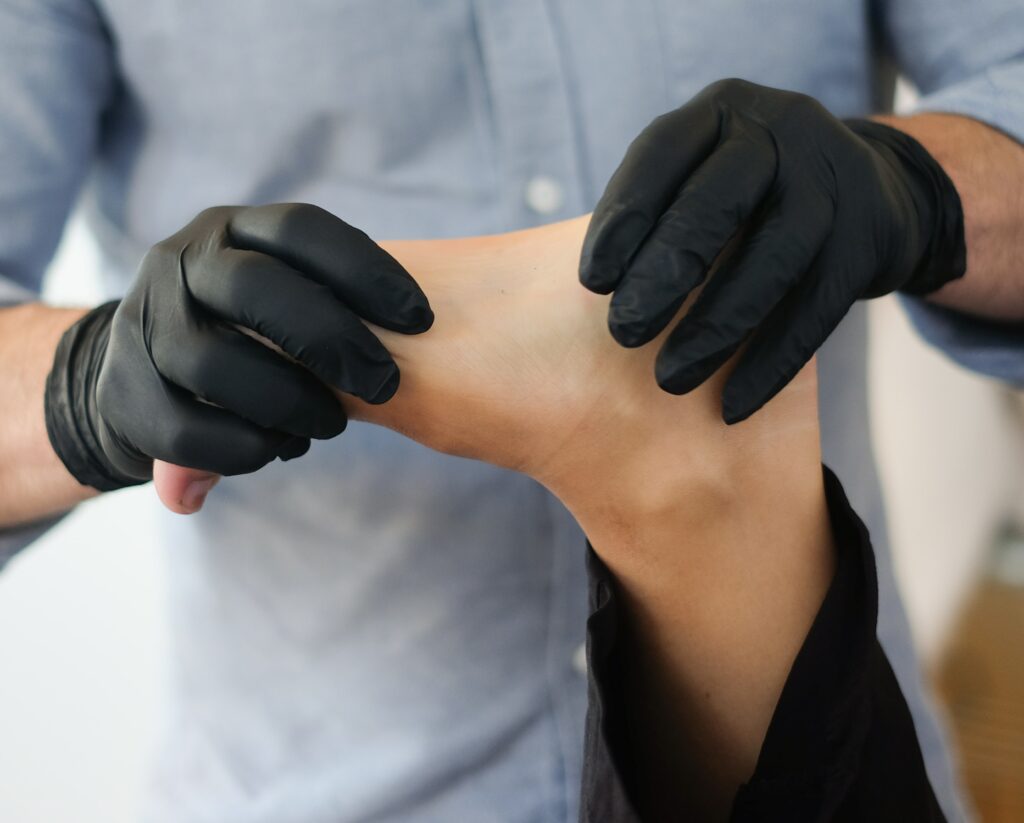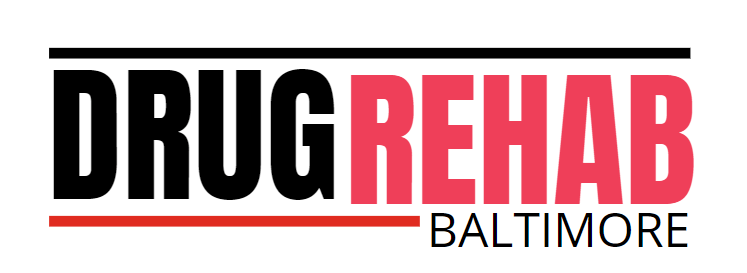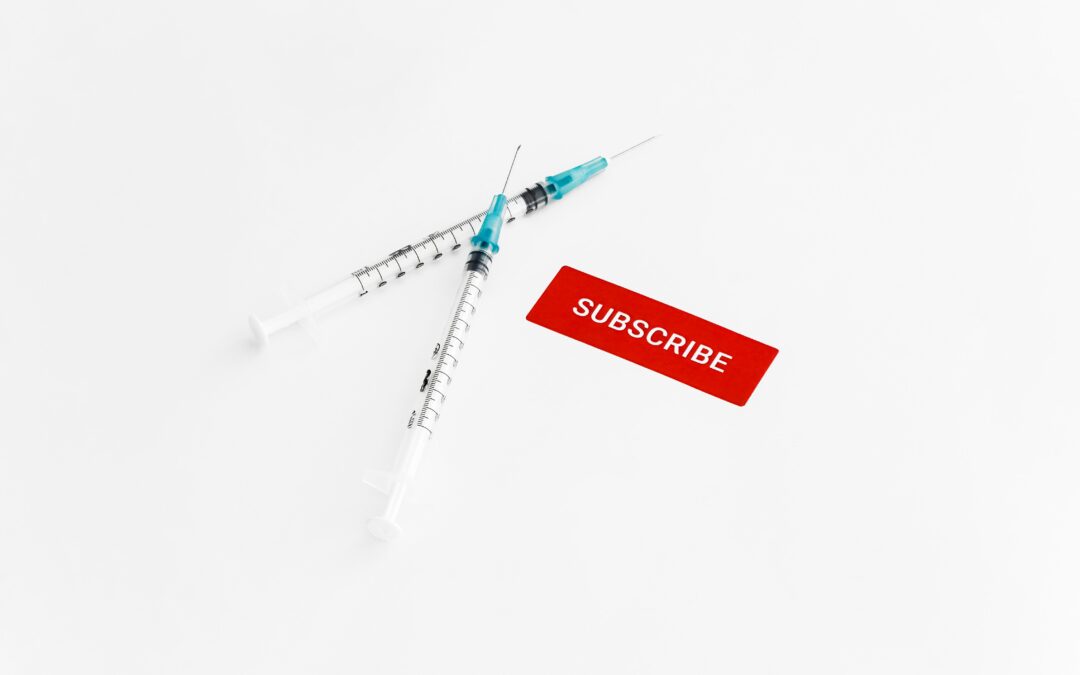Addiction treatments
Your unique mental health needs, or the healthcare options you can pay. Some of the most frequent Addiction Treatments have proven to be effective in helping individuals overcome their addictions.
The does not come in a single size that fits all packages. Treatments may be adapted to your unique requirements, depending on your specific needs. There are several possibilities for the treatment depending on the substance you are misusing, the degree of care you require.
Detoxification:
In a medically-assisted detox, you can safely and effectively remove toxins from your body. These physical symptoms can be uncomfortable or even life-threatening, which is why this is beneficial.
It is usual for detox to be used in conjunction with other therapies because detox does not address the fundamental causes of addiction; therefore, it can achieve the most significant potential outcome.
Rationality and Emotional Intelligence:
A form of psychotherapy called Rational Emotive Behavior Therapy (REBT) can assist you in identifying your self-defeating ideas and teaching you strategies for dealing with them. The goal of REBT is to help you see that you can reason rather than rely on external situations or stresses. A sort of psychotherapy known as “cognitive-behavioral therapy” is commonly practiced nowadays.
According to American Addiction Centers, there are many different kinds of Addiction Treatments with Cognitive Behavioral Therapy (CBT). Include, but are not restricted to, food addiction, alcoholism, and dependence on pharmaceutical drugs.

CBT can assist you in both recognizing and resolving problematic patterns of behavior and learning to recognize and deal with triggers and coping mechanisms. Counseling and psychotherapy (CBT) are treatments that can be used in conjunction with other types of therapy.
Preparation for Unexpected Events:
Treatment for substance abuse disorders such as alcoholism, drug addiction, and cigarette addiction, among other things, can be performed through the use of Contingency Management strategies and programs (CM).
Contingency management therapy’s purpose is to reward you for your excellent behaviour (such as sobriety). According to research undertaken by the National Institute on Drug Abuse, this type of Addiction Treatments significantly reduces recurrence of the illness.
Facilitation of the 12 Steps:
Alcohol and other drug addictions can be treated through 12-step facilitation treatment (also known as 12-step programs). It recognises that Addiction Treatments can have social, emotional, spiritual, and bodily consequences as a group treatment. Acceptance is the first step in this therapy, followed by submitting to a higher power, and lastly, regular group meetings.
Many rehabilitation programs include group meetings, such as those held by Alcoholics Anonymous. Taking part in these meetings is an essential part of the rehabilitation process.

Medication for Addiction Treatments:
When used with behavioral therapy, medication can play a significant role in recovery. Drugs that can also use lower cravings and increase mood to curb compulsive behavior. The Food and Drug Administration recently approved lofexidine, a medication that can decrease opioid withdrawal symptoms in people undergoing addiction treatment (FDA).
Anti-addiction medicine acamprosate is useful in lowering alcohol consumption. It is not necessary to combat a loved one’s addiction alone; programmes are available to help. Speak with a doctor or a nurse. Addiction Treatments are feasible with the help of tried-and-true methods.
Healthy in body, healthy in mind, healthy in spirit, we are here to serve you and help you. In closing, we say, don’t be an island unto yourself, a helping hand can take you a bit further than you imagine, Don’t hesitate to contact us at (667) 215-5549. Supporting local communities and our dear clients to Be safe!


Recent Comments